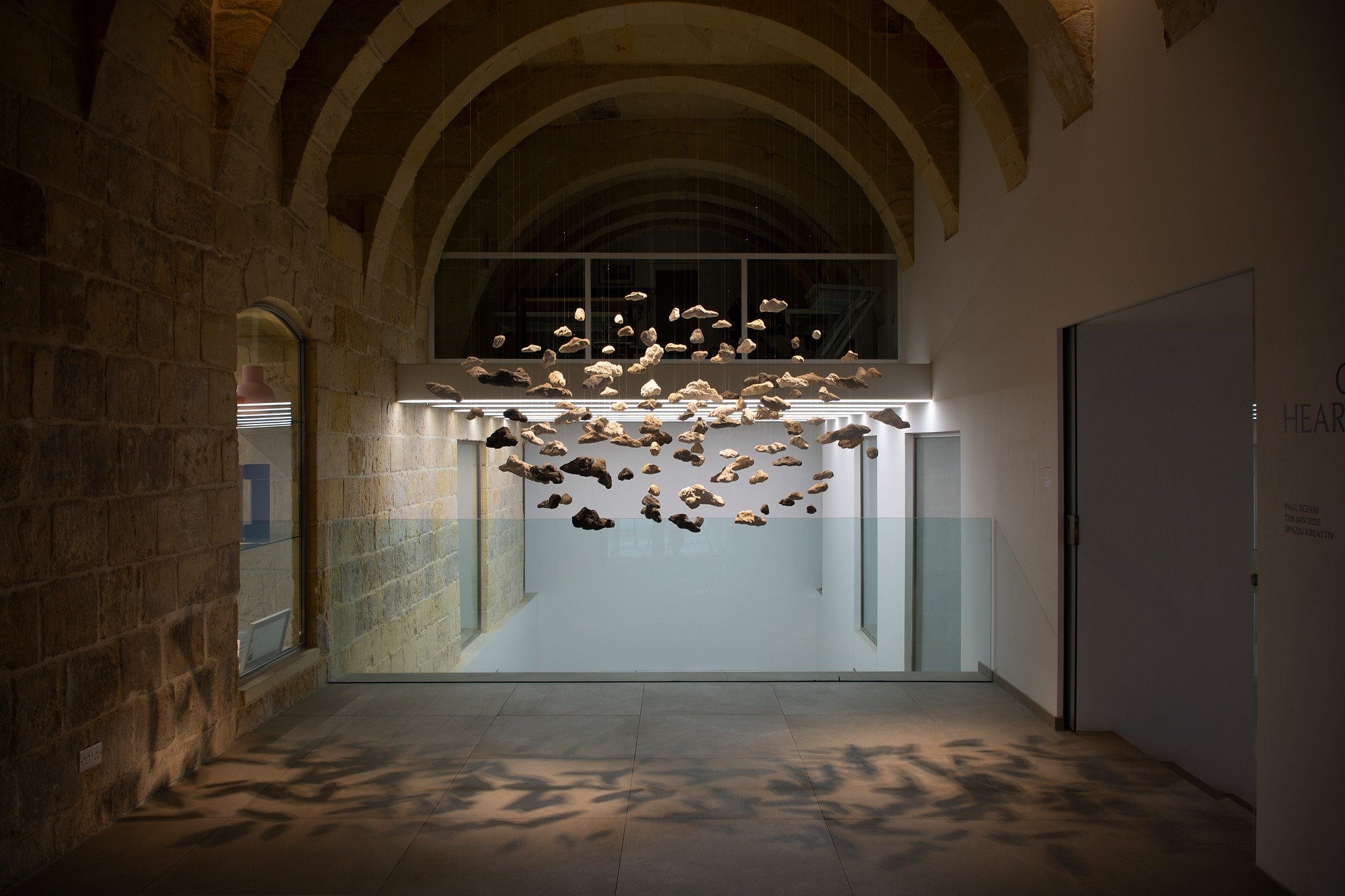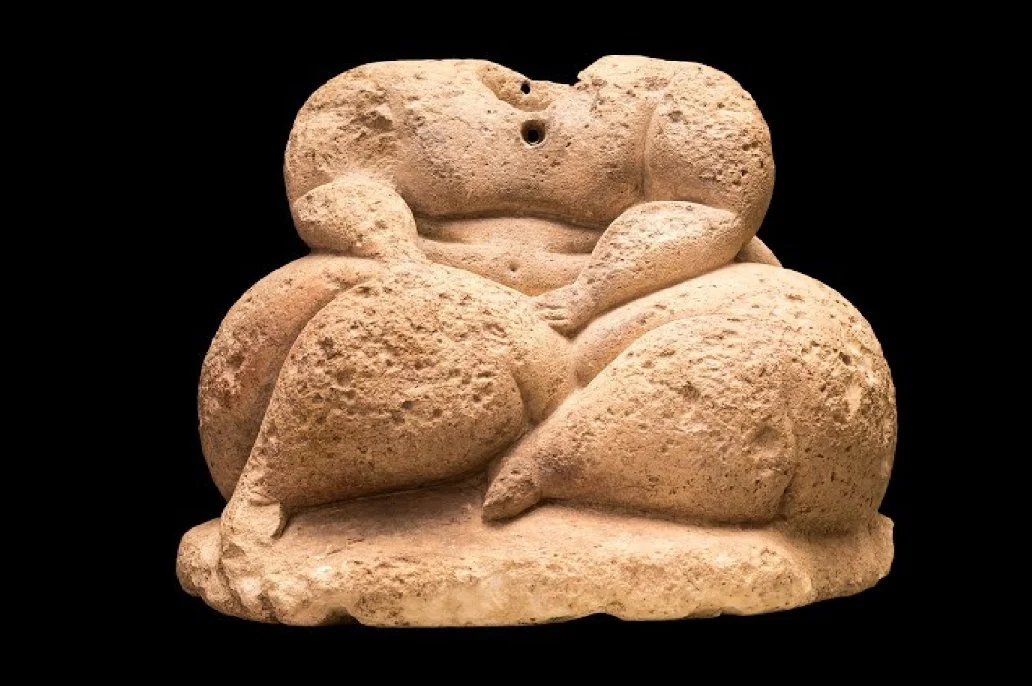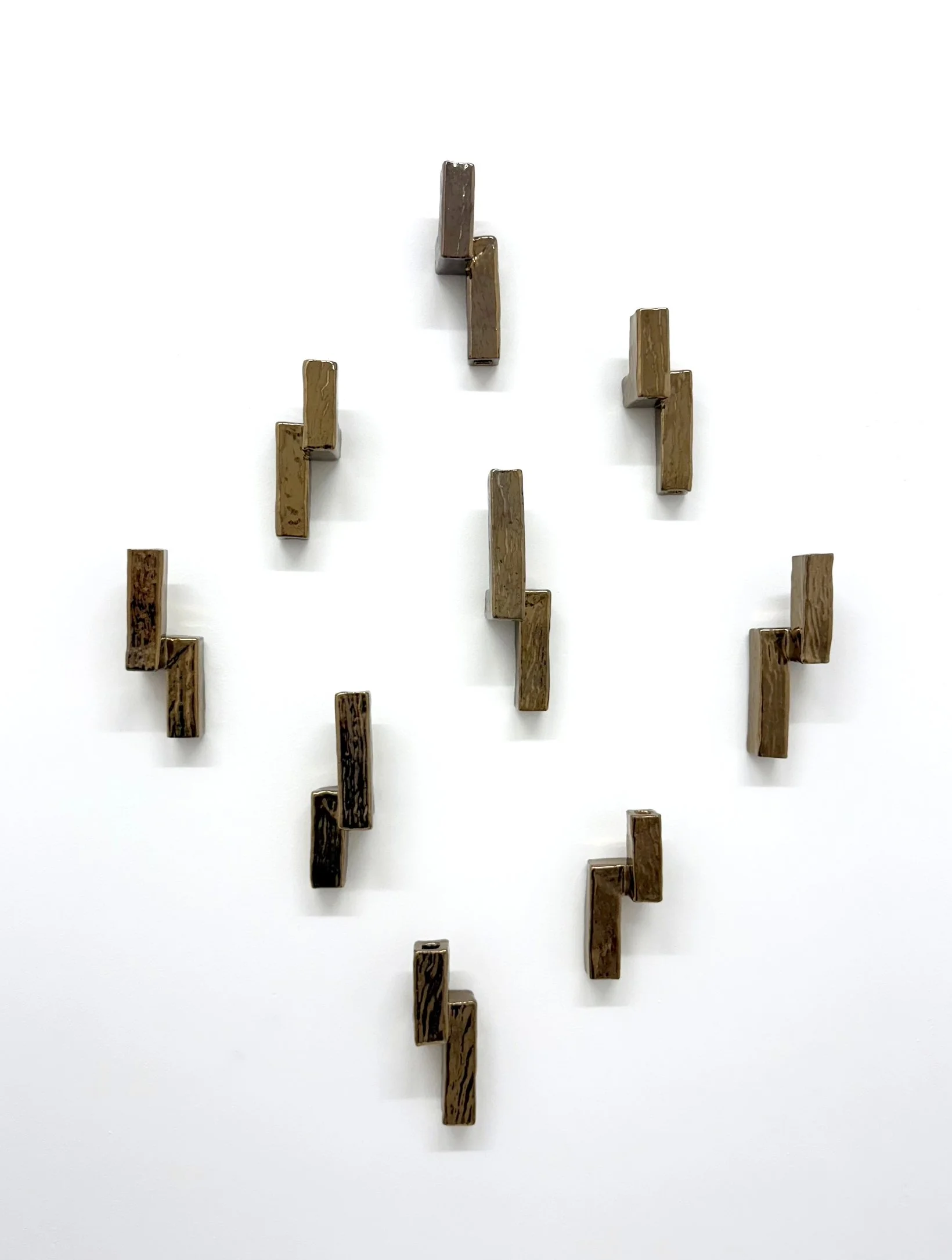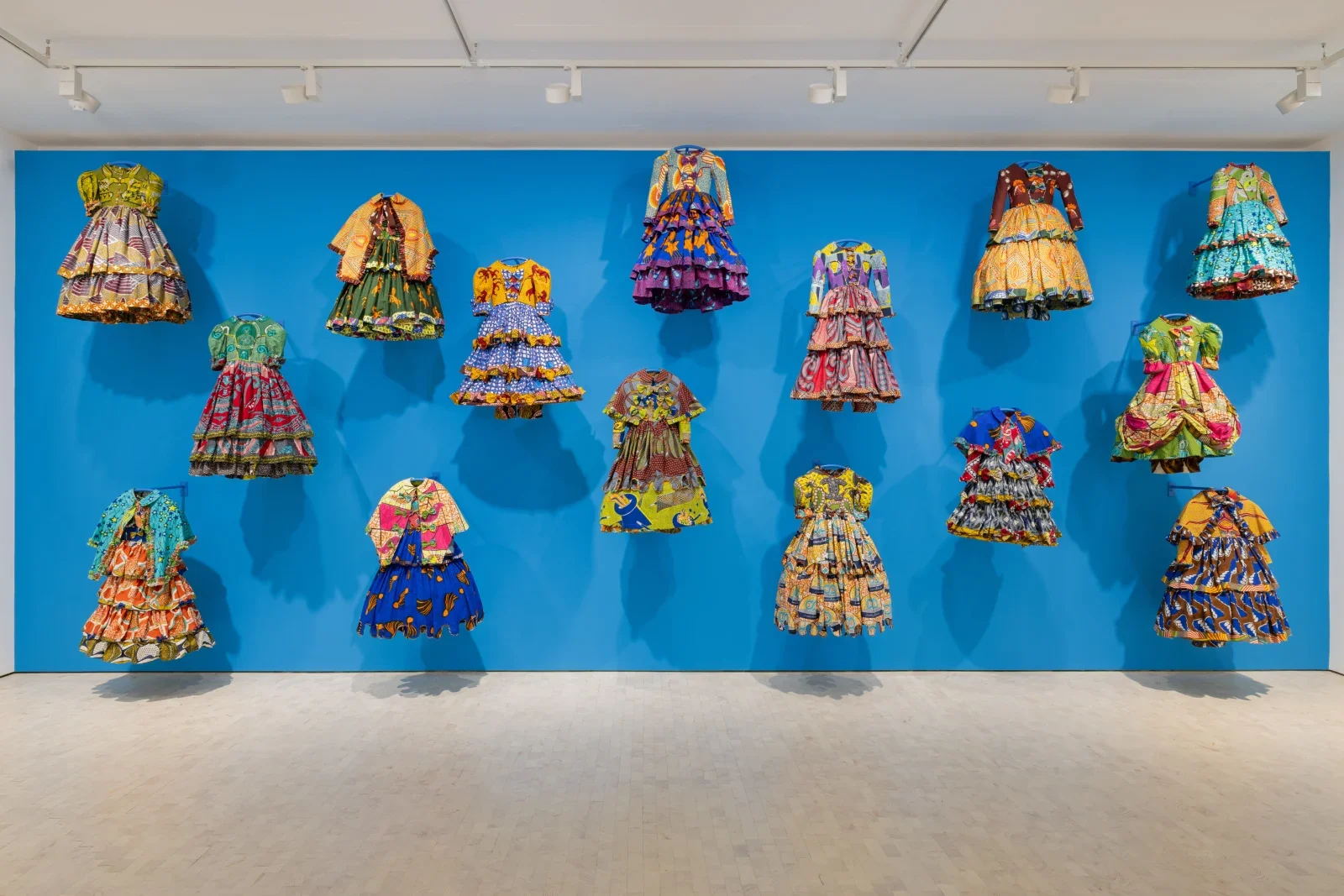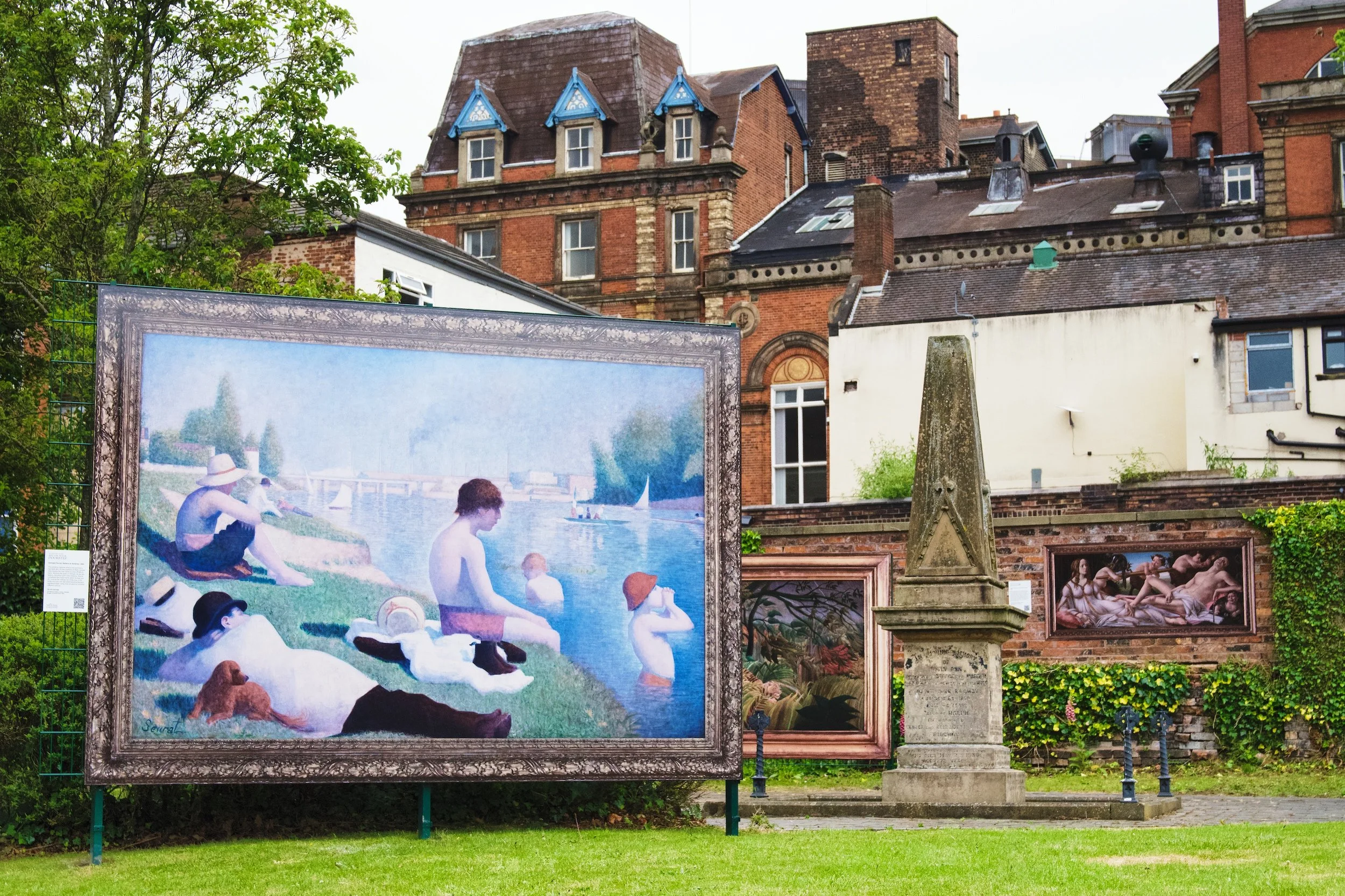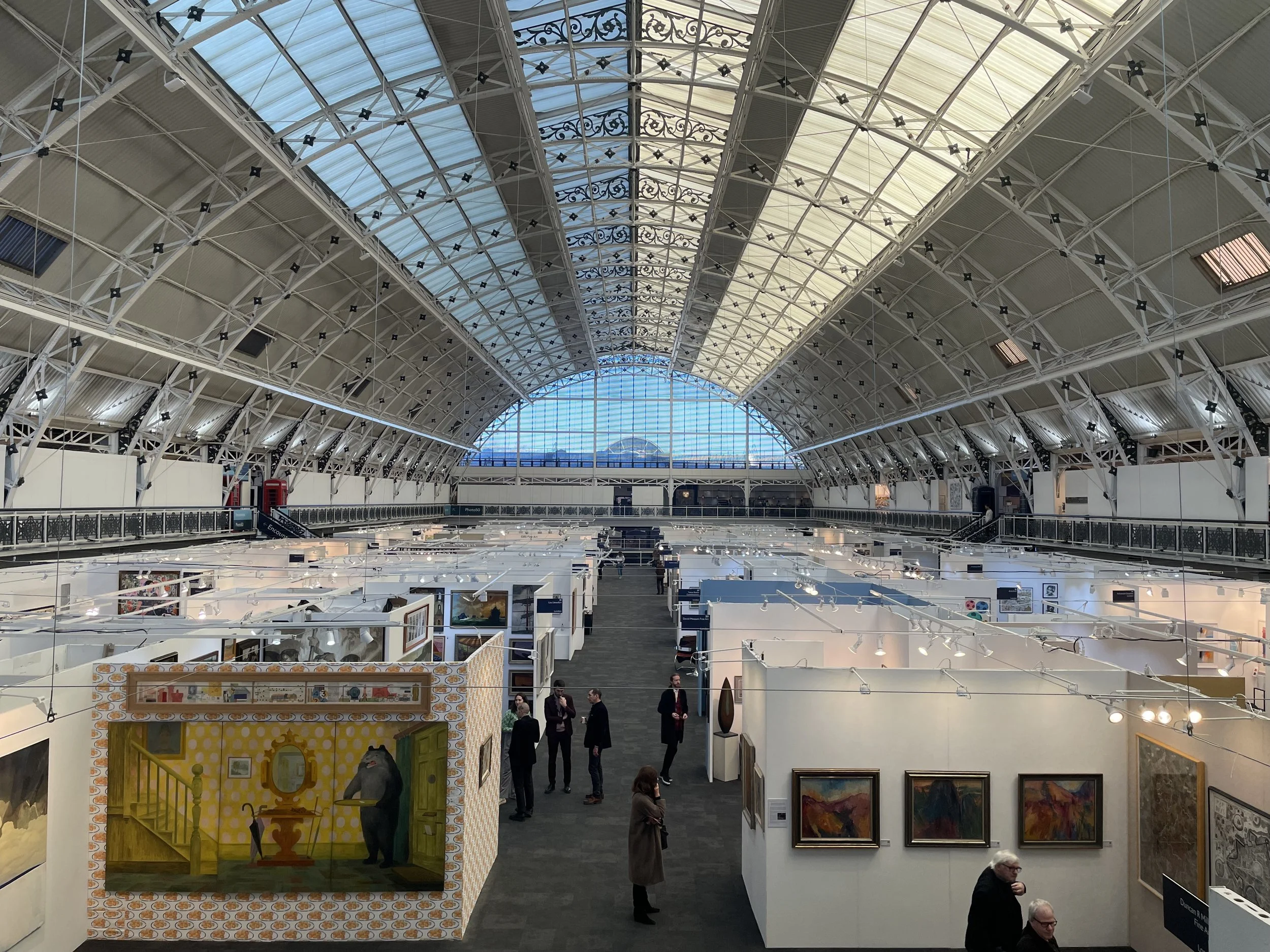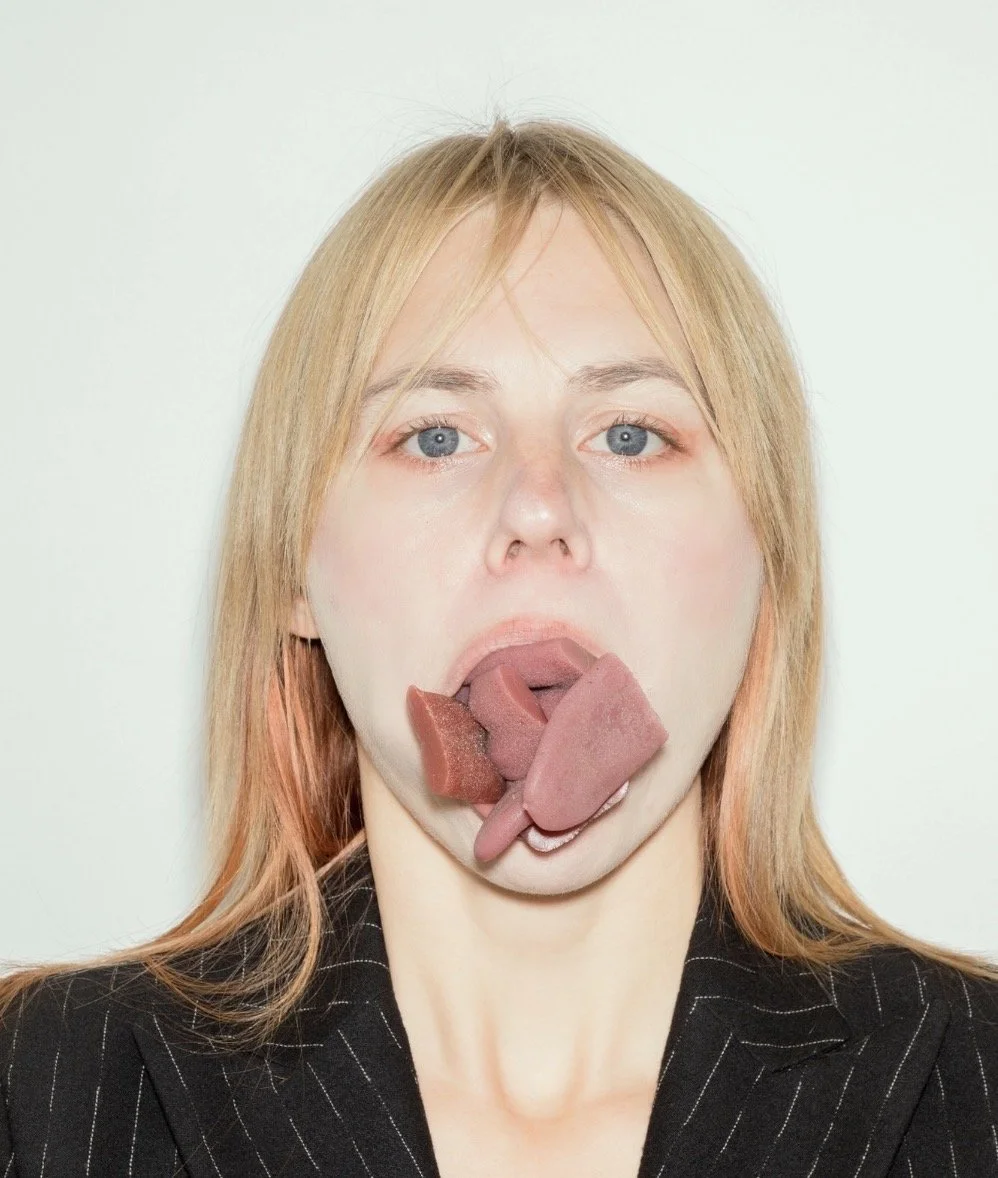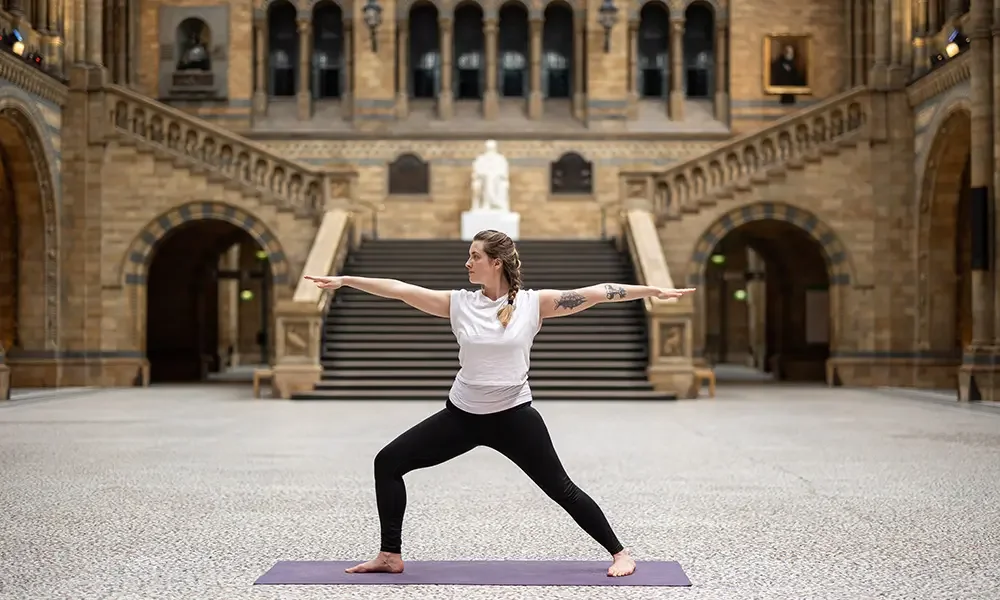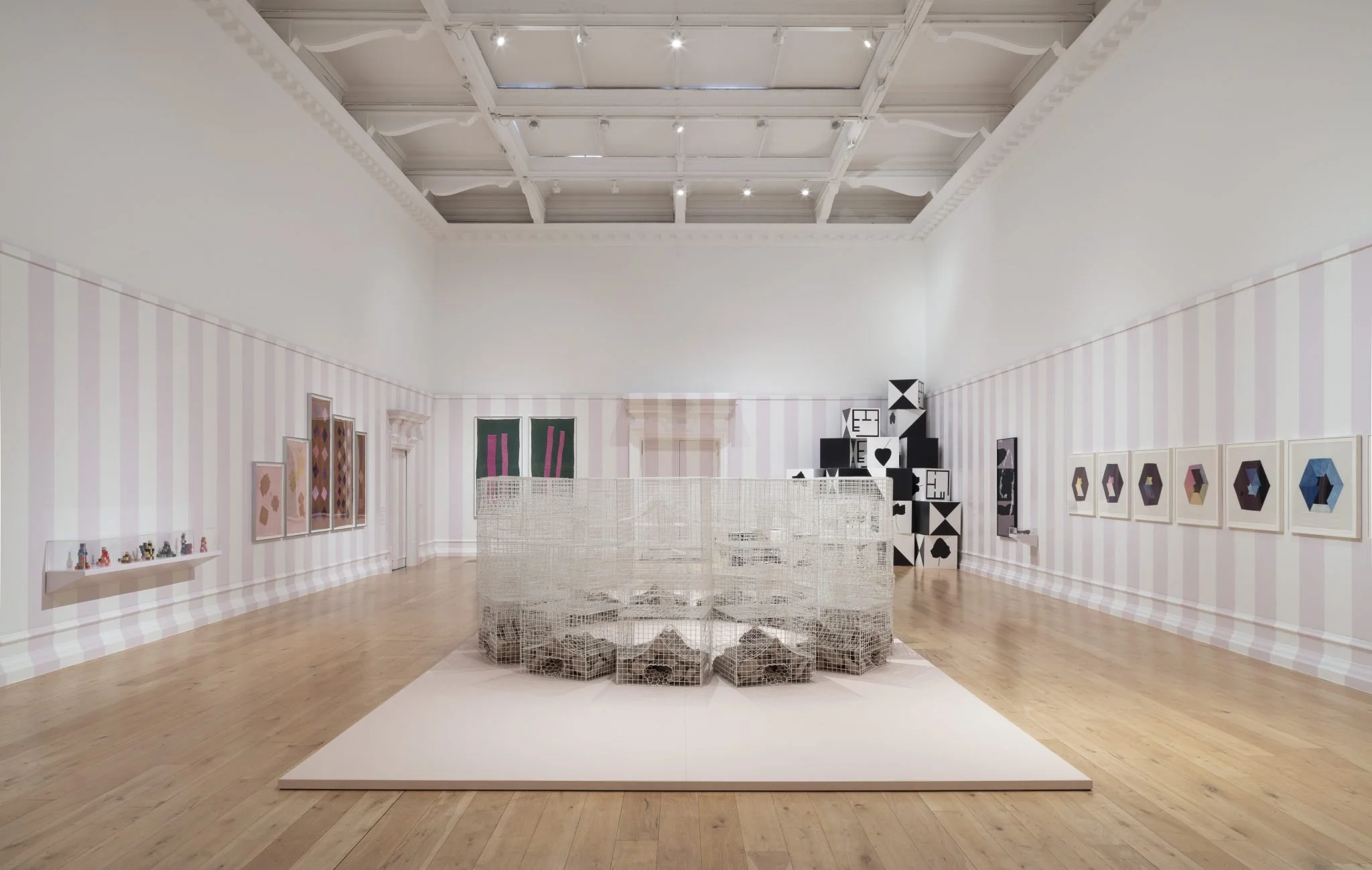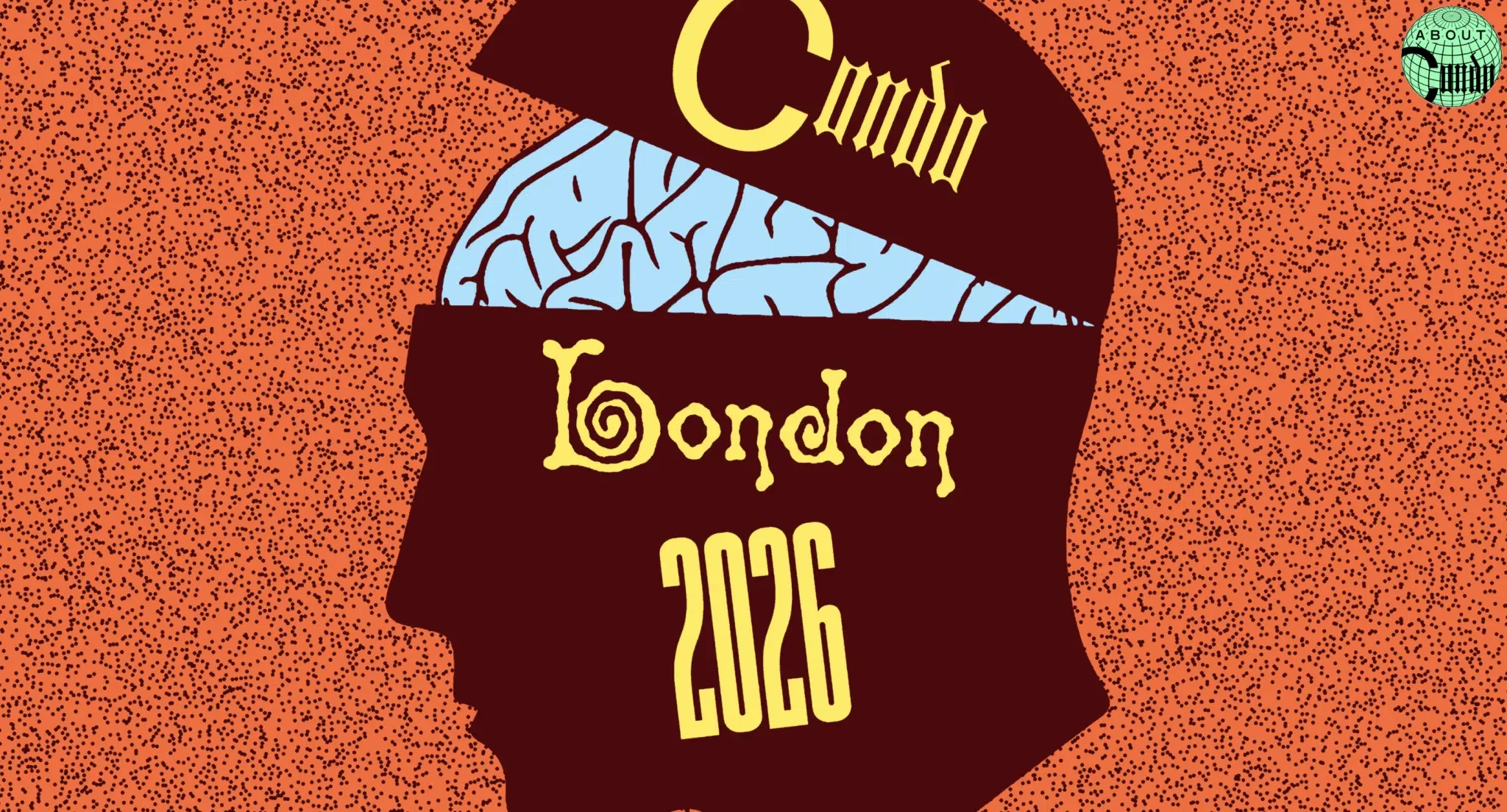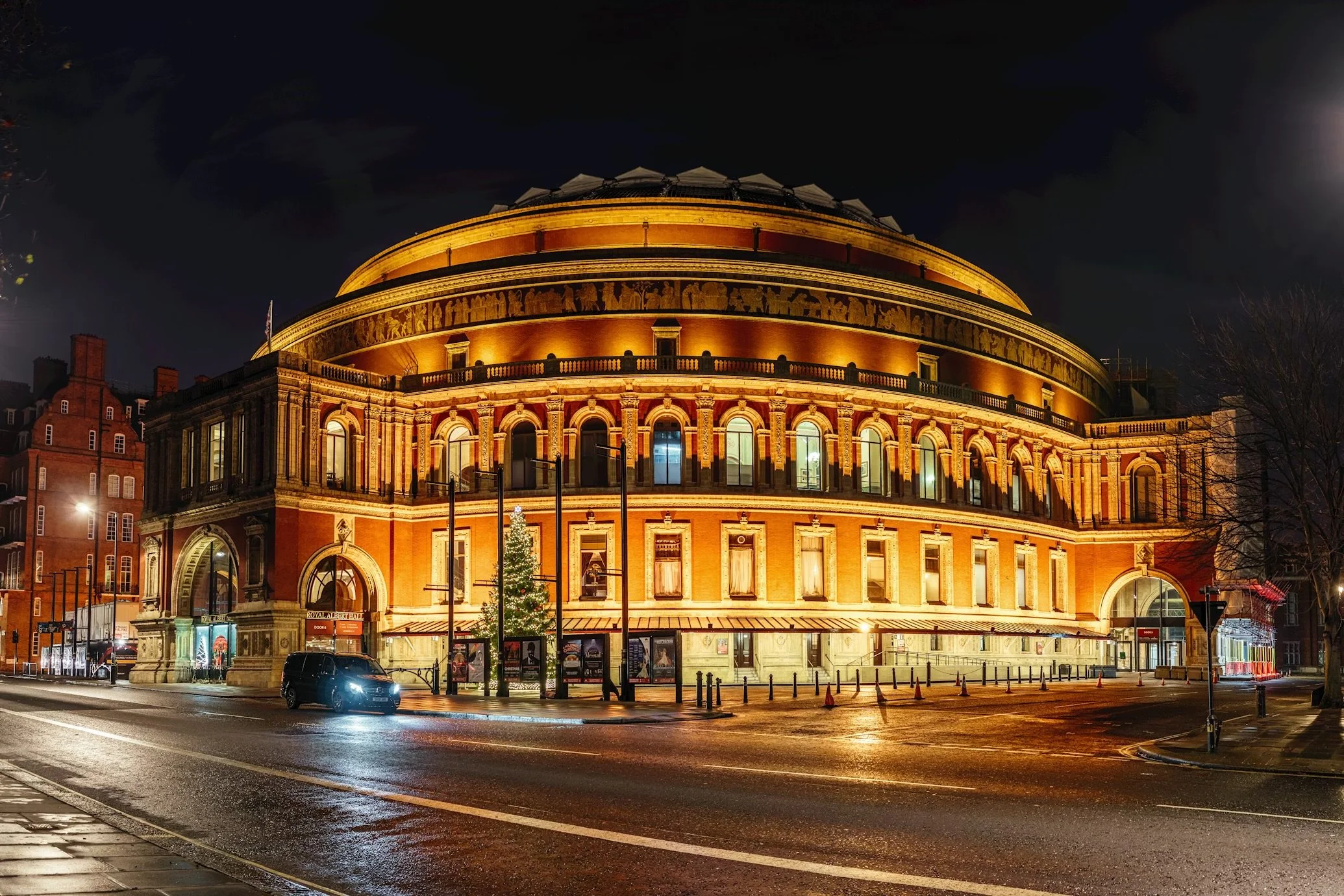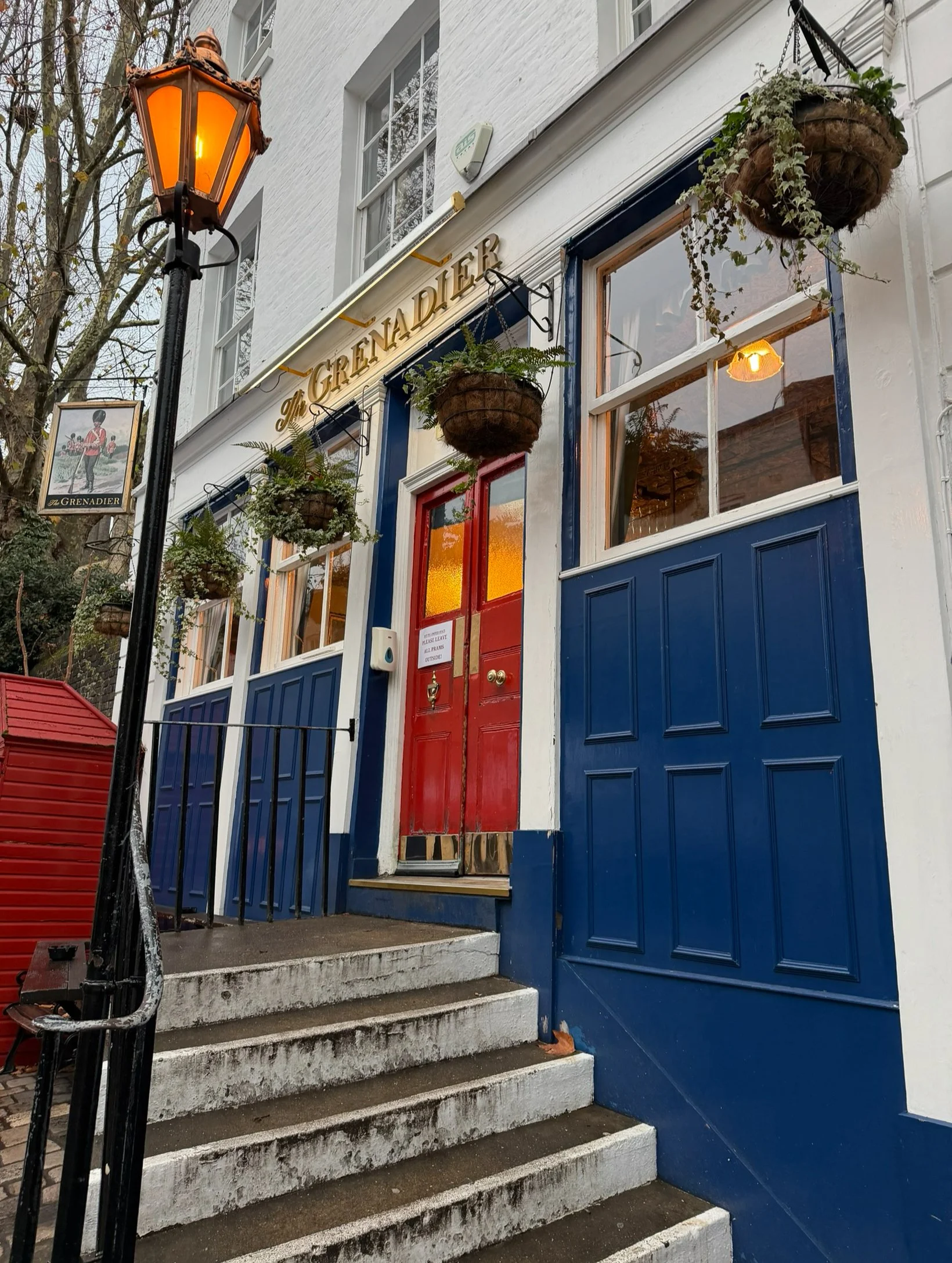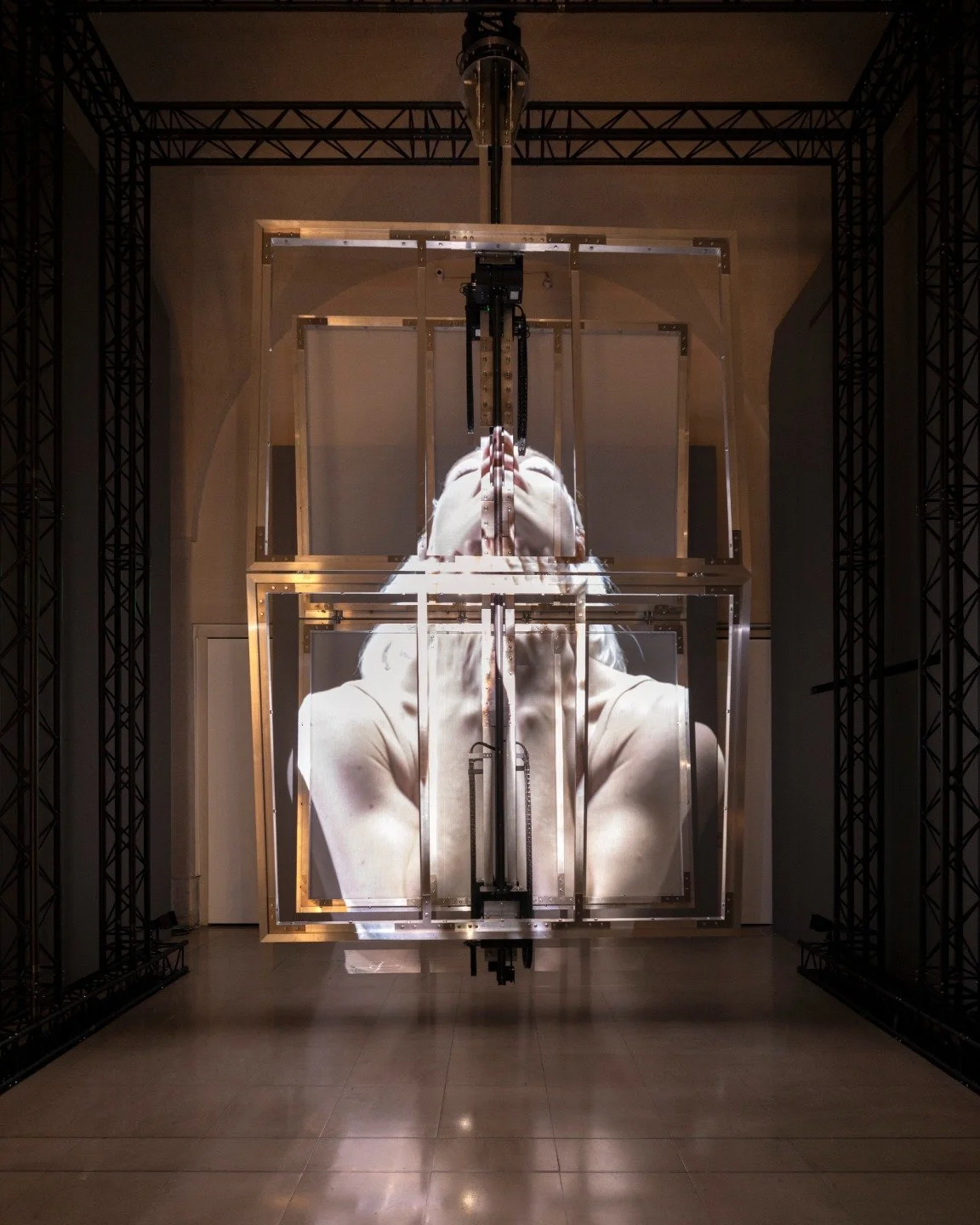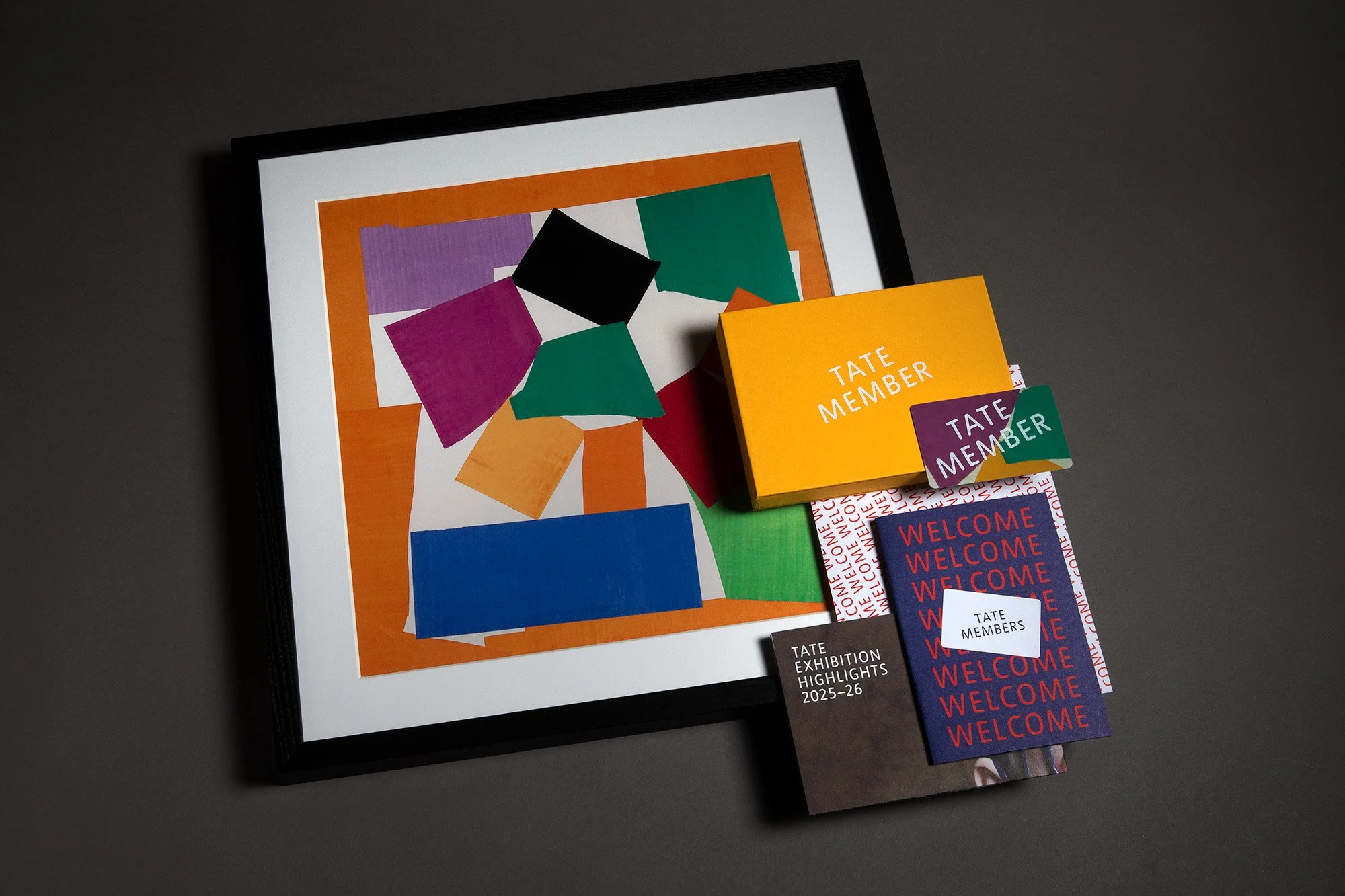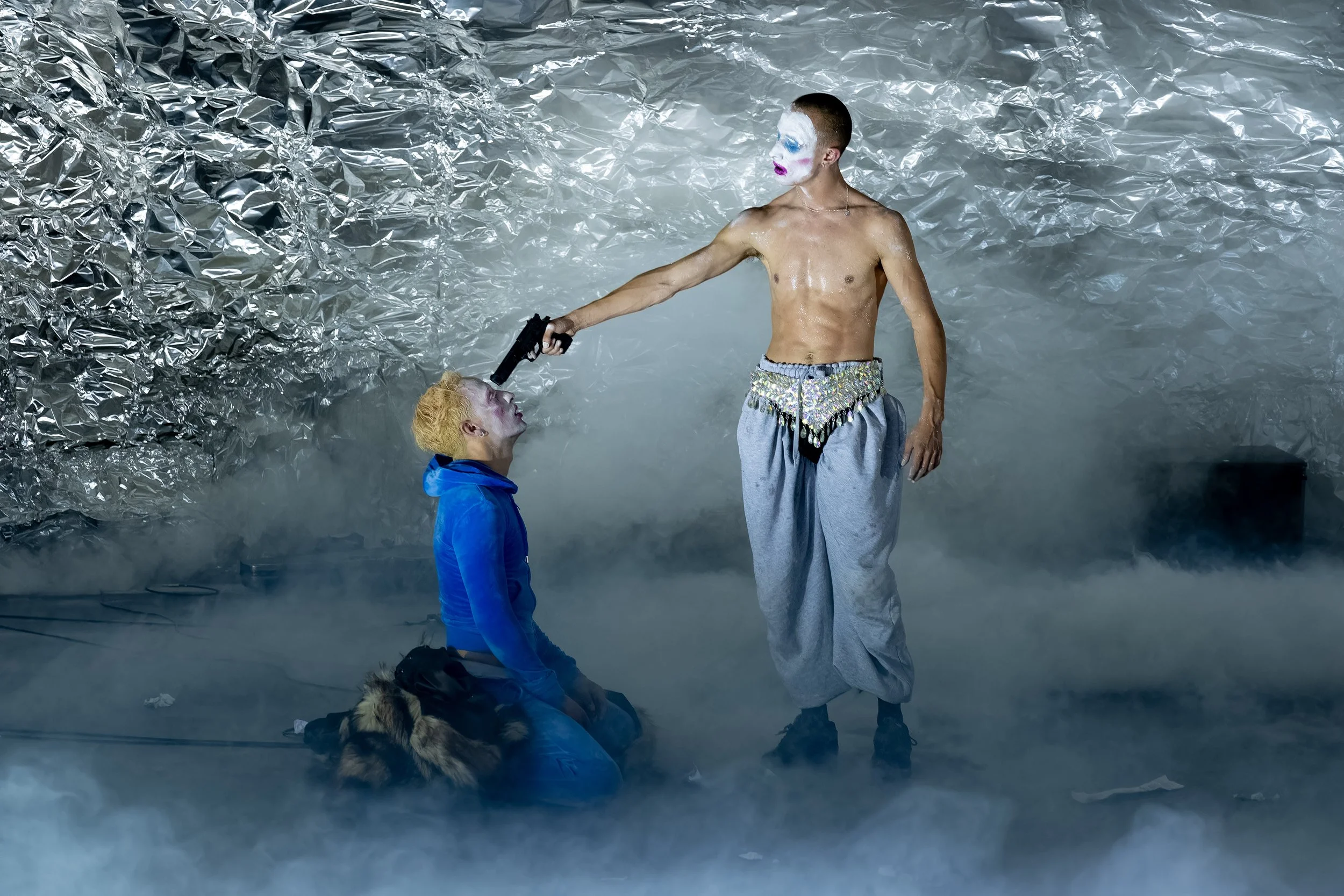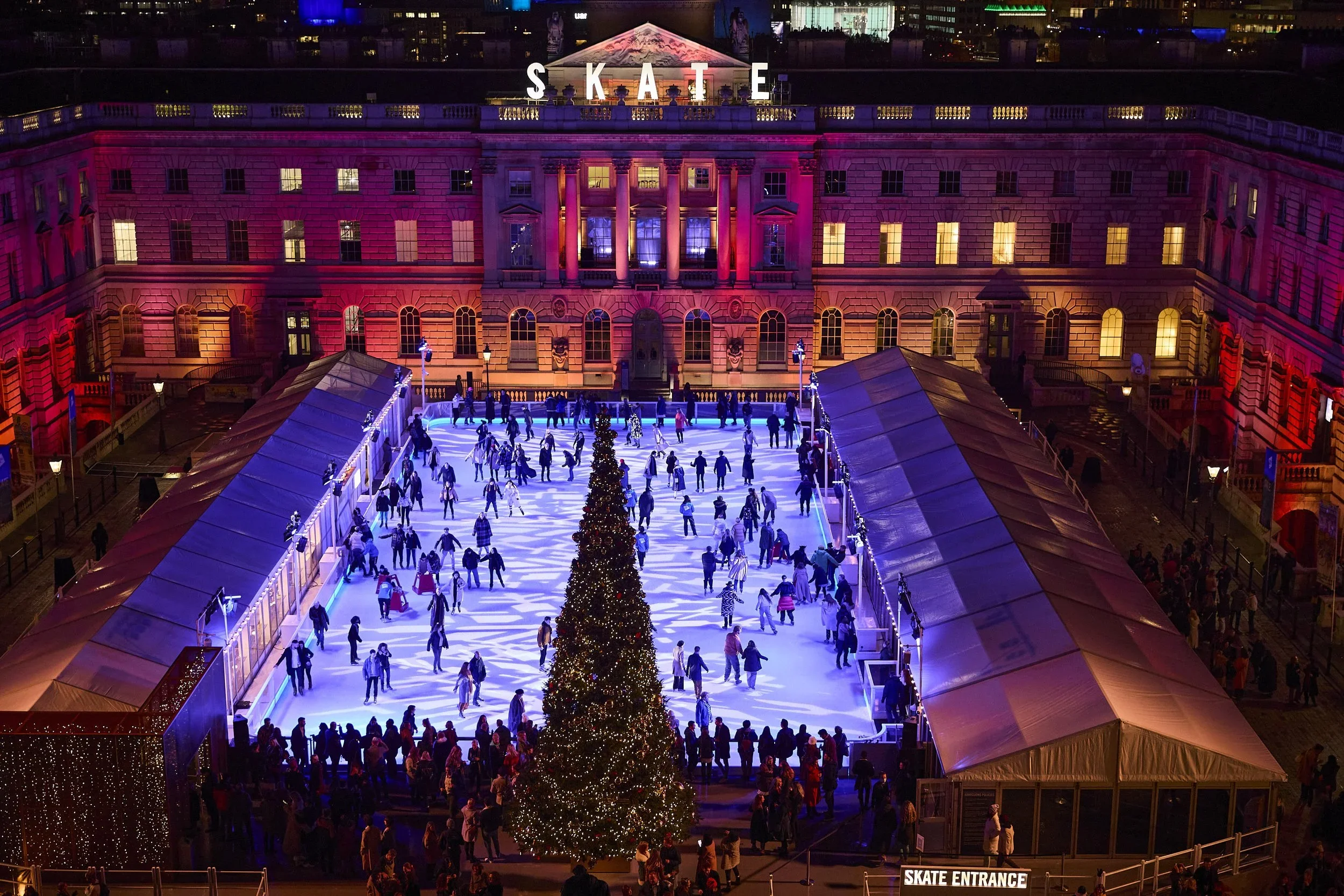Discover the best museums and galleries to visit in Malta
Malta’s cultural life has levelled up. The newly opened MICAS dazzles on the international art stage, while independent galleries are showcasing bold contemporary voices. Heritage remains at the core, with the National Museum of Archaeology and the ancient walled city of Mdinareminding visitors of Malta’s millennia of rich and colourful history. As well as these incredible permanent spaces, the Malta cultural calendar is expanding in all areas, from film, theatre, dance and classical music to international contemporary art, meaning many more excuses to visit this wonderful island. The Malta Biennale, which launched in 2024, is yet another stake in the ground, cementing the country’s globally cultural significance – the second edition is already shaping up well, and will take place from March to May 2026, with acclaimed international curator Rosa Martinez at its helm as artistic director and the chosen theme announced: Clean | Clear | Cut.
Malta International Contemporary Arts Space (MICAS)
Image credit MICAS (Malta International Contemporary Arts Space).
#FLODown: The arrival of MICAS (Malta International Contemporary Art Space) on the Valletta waterfront has been much anticipated, but when it finally launched last year it completely dazzled, catalysingthe country as a serious and proactive contemporary art world player. Built into historic limestone bastions that date back to the Knights of St. John, and the city’s establishment after the 1565 Great Siege of Malta, the vast 7,000m² arts venue offers a spectacular home for world class contemporary art. Joana Vasconcelos was among the first to be showcased, with her sprawling Tree of Life installed across MICAS’s central atrium, and Conrad Shawcross is currently being presented both inside the museum with his stunning exhibition What is to become is already here and in the main outdoor plaza, with The Dappled Light of the Sun (Formation I), a large, seemingly floating, cloud-like structure in welded, weathered steel. The monumental sculpture has been acquired as part of the MICAS permanent collection and encourages viewers to walk beneath and around it, to experiencechanging patterns created by dappled light passing through the complex, geometric canopy. Now on show throughout the main spaces is The Space We Inhabit, a group show of six leading Maltese artists, all explore the theme of ‘space’ – leaping ahead in a conceptual manner, without physical or imaginary boundaries, they look at space through its creation, exploration, manipulation and liminality. Just opened is Beyond the Bastions, curated by architect Konrad Buhagiar, a comprehensive narrative of the transformation of the historic Ospizio site where MICAS now stands, combining physical access to the newly built interiors with rich archival material. Upcoming are more exciting shows, including Colour, Form and Composition, a landmark exhibition exploring the enduring influence of American painter Milton Avery on contemporary art.
Location: MICAS — Malta International Contemporary Arts Space, Ospizio Complex, Bieb il-Pulverista, Triq Joseph J. Mangion, Floriana FRN1830, Malta. Website: micas.art; Instagram: @micasmalta
R Gallery
Tabling Emotion, a collaborative project by The Daphne Caruana Galizia Foundation and R Gallery featuring works curated by Andrew Borg Wirth and artists including Adrian Abela, Bettina Hutschek, Sebastian Tanti Burlo, Gulja Holland, Marlon Tabone, and Sonia Lenzi. Image credit R Gallery.
#FLODown: The commercial sector is also levelling up, and the young, cool and creative are here for it. R Gallery is one such example, showing both local and international contemporary art through a lens that provides a catalyst for conversation. The programme here engages with, dissects and disseminates pressing questions of contemporary times. Over the summer, an arrestingly moving collaboration with The Daphne Caruana Galizia Foundation (established in Malta following the tragic assassination of the influential investigative journalist) saw the presenting of “Tabling Emotion” – a powerful group exhibition and curated showcase of artefacts that invited viewers to reflect on the emotional weight of unresolved stories and showcasing the broader societal implications of miscarriages and delays of justice. Featuring artists based in Malta Adrian Abela, Bettina Hutschek, Sebastian Tanti Burlo, Gulja Holland, Marlon Tabone, Joanna Demarco and Sonia Lenzi, it was a strong statement from this relatively young gallery. Situated in a beautiful, converted townhouse in Sliema, Valletta’s glamorous neighbour over the water, the arrival of R Gallery on the Malta art map has been warmly welcomed.
Location: R Gallery, 26 Tigne Street, Sliema SLM 3170, Malta. Website: rcontemporaryart.com; Instagram: @r.gallery_
Valletta Contemporary
Installation view of Matthew’s Dream (The Cloud of Unknowing) An installation by Paul Scerri, Curated by Gabriel Zammit with associate curator Andrew Borg Wirth. Image courtesy of Valletta Contemporary
#FLODown: Valletta Contemporary is an independent exhibition space and art housed within a 400-year-old former warehouse in Valletta's lower east end. Launched in 2018, it quickly became somewhat of a stalwart on the Maltese contemporary art scene, but it continues to be an innovative project, showcasing the work of influential local and international contemporary artists. On show over the summer was the mesmerising Cabinet of Curiosities by Otgonbayar Ershuu, going by the shorter version OtGo. Originally from Mongolia, OtGo has lived in Berlin for the last twenty years – however it is Mongolia’s cultural heritage which provides a firm root for the spiritual core of his work. A studied Thangka-painter, he comes from a long tradition of religious image-making in Lama-Buddhism, in which painting and meditation are inseparable activities. The result is a series of mixed media works – some vast and sprawling – that seem like ethereal landscapes. On closer inspection, the imagery becomes clearer, incorporating animal forms, cartoons, faces, symbols and even stamps. Just opened isWens: Comfortable Silence, a solo exhibition by Rebecca Bonaci, in which she explores the immense potential of the daily mundane, finding solace in the quiet rhythms of lives lived together in love and intimacy behind closed doors.
Location: Valletta Contemporary, 15, 16, 17 East Street Valletta, VLT 1253, Malta. Website: vallettacontemporary.com; Instagram: @vallettacontemporary__malta
National Museum of Archaeology
Image courtesy of National Museum of Archaeology
#FLODown: Aside from the contemporary art, Malta is of course dense with history and heritage. This goes back not hundreds, but thousands, of years, and it is worth being reminded with a visit to one of its many catacombs or megalithic temples. The National Museum of Archaeology provides a great introduction, with its spectacular collection and an alluring experience of the Maltese Islands’ prehistory and early history. With artefacts dating back from Malta’s Neolithic period (5900-2500BC) up till the early Phoenician period (8th – 6th Century BC), this is your first step to understanding the richness of the land you tread on, its people and their ancestors. The earliest artefacts – excavated from the renowned Maltese UNESCO World Heritage Sites, the megalithic temples and the ĦalSaflieni Hypogeum – include highlights such as ‘The Sleeping Lady’, The Venus of Malta and the colossal statue from Tarxien temples.
Location: National Museum of Archaeology, Republic Street, MLT-1112 Valletta. Website: heritagemalta.mt; Instagram: @nationalmuseumofarchaeology
Mdina
Mdina, Malta. Image credit Joshua Kettle
#FLODown: Tourist Route 1 maybe, but Malta’s ancient capital is on the itineraries of most visitors for good reason, and we couldn’t not give it a mention. Known as the ‘Silent City’, this a historic, hill-top, fortified medieval city is a much-loved favourite. Entered across the old moat and through the iconic gate by foot or horse carriage (cars are not allowed except for those few residents), Mdina has not spread beyond its ancient walls and largely lacks modern commercial establishments, so it is a bit like stepping into the past. The city is surrounded by massive, ancient defensive walls that made it a strategic location on the highest point of the island – a feature which also offers views across the island from the top of the bastions. Year-round, visitors can stroll through narrow, cobbled streets and over the ancient fortifications, spotting neighbourhoods from Game of Thrones fame amidst the distinctive ancient architecture, or exploring spectacular sites like St. Paul's Cathedral. The MdinaCathedral Museum, housed within a magnificent Baroque building dating back to the early 1700s, is home to an eclectic collection of artworks dating from the 1300s, including both religious and secular exhibits in various media. Albrecht Dürer's collection of over 80 original engravings and woodcuts on permanent display is one of its highlights.
Marie Gallery 5
Sean Mailak
#FLODown: In Sliema's fancy Tigne district, nestled amongst classy boutiques and high flying business hubs, you'll find Marie Gallery 5, a bright and contemporary space representing Malta's finest artists alongside international talents. This season, the gallery presents Heartlands, bringing together Melbourne-based artists Jo Scicluna and Sean Meilak. Both share Maltese heritage, and through their distinct yet connected practices they explore how land, architecture, and memory shape identity across shifting geographies. Malta sits at the centre of this dialogue, not only as an ancestral homeland carried through generations of migration, but also as a place layered by centuries of settlement and transformation. Its limestone cliffs, carved harbours, and baroque streets stand as silent witnesses to histories of departure and return. For Scicluna and Meilak, working in Malta means entering this charged landscape and reconfiguring what belonging might mean today.
Location: Marie Gallery 5, The Centre, Tigne Point, Censu Xerri, Sliema, Malta. Website: mariegallery5.com. Instagram: @mariegallery5
Words by Tani Burns



